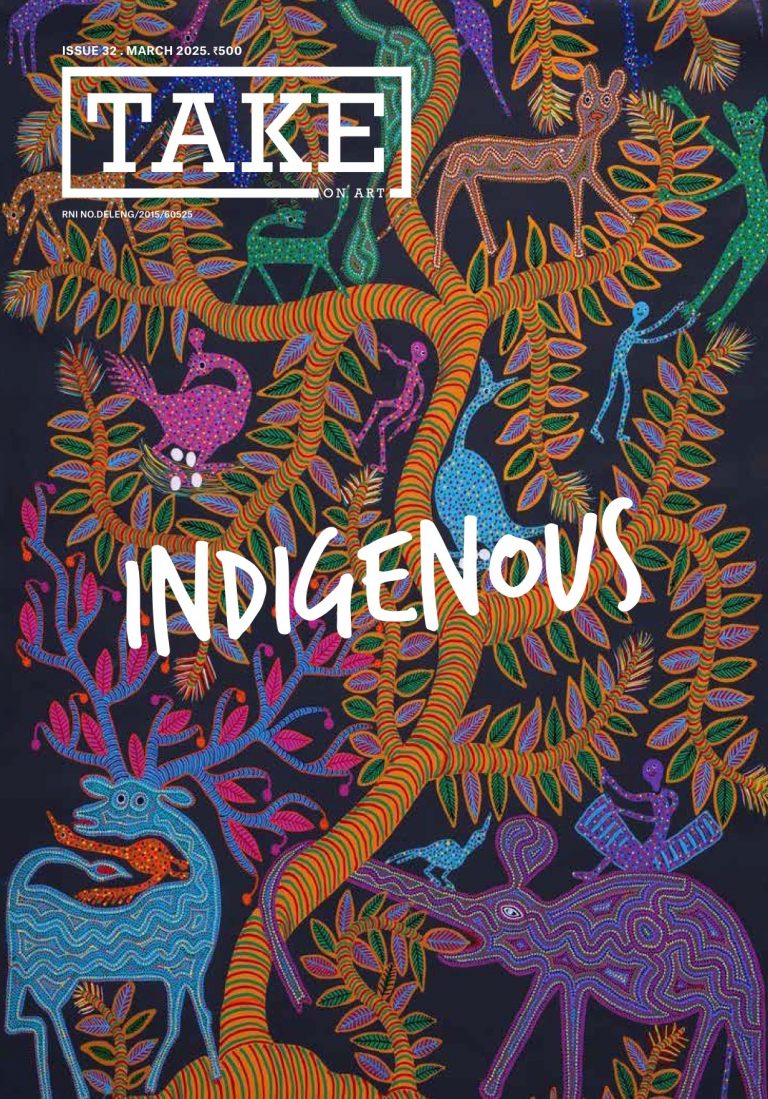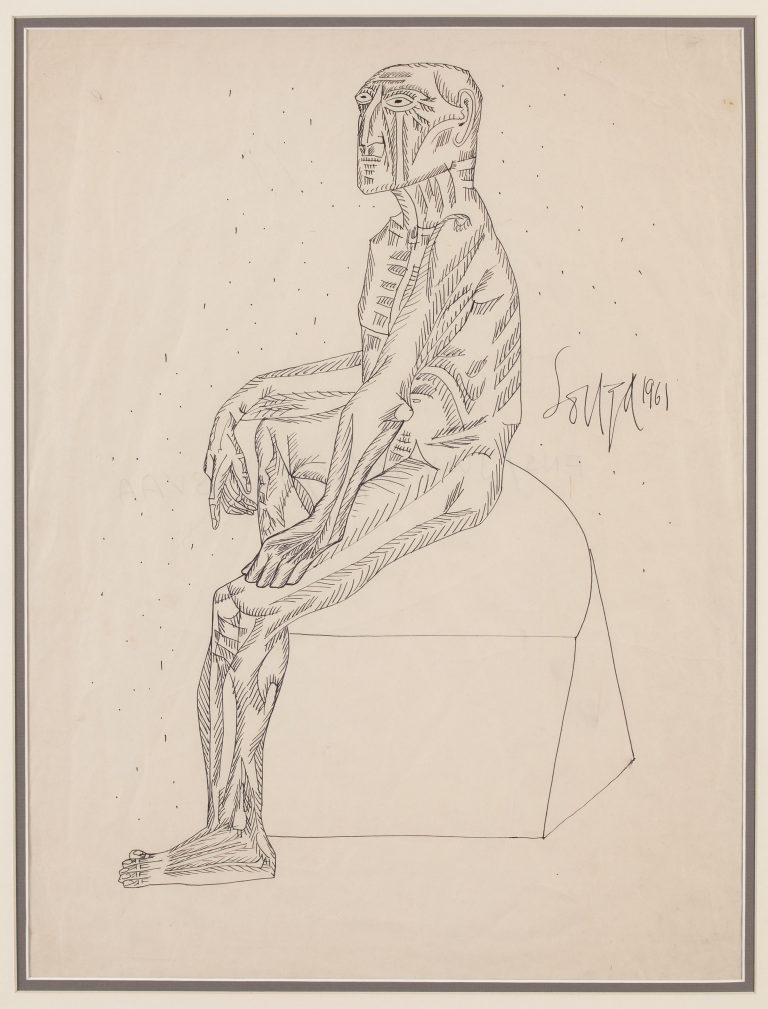The above sentence is not only the title of this brief reflection, but it is also a problem that is haunting me for some time. Since my visit to Basel, this spectre has been persistent in tormenting me. The question that is always recurring in my mind is, ‘Why does the burden of self-organisation always fall on the precarious workers?’ I have arrived here to research on collaborative practices and understand the nature of artist-run collective spaces. Basel is an ideal location to study this phenomenon. There are many such spaces in Basel they call as ‘off spaces’, where artists or cultural workers have come together to build spaces to exhibit, research, discuss, perform or work together. In the coming few weeks, I will visit many of these spaces to understand the nature of collaborations, the objectives of their coming together and to examine the economic model of these spaces. It is fascinating to see the increase in such alternative and accessible spaces, but I do not want to idealise the structures that gave rise to these spaces. The proliferation of such alternative spaces is comparatively higher than in the Indian context. While the overall ecosystem for art is much more benevolent and favourable in Switzerland, the struggles that artists face seem to be very similar to the Indian context. The similarity is the concrete uncertainty of being a precarious worker in the arts today. It is about being existent in identical situations of work, even in different parts of the world. To be part of an increasing network of demands of cultural work that are mostly informal, underpaid, under-unionised, and devoid of important welfare benefits such as pensions, medical care, and leaves.
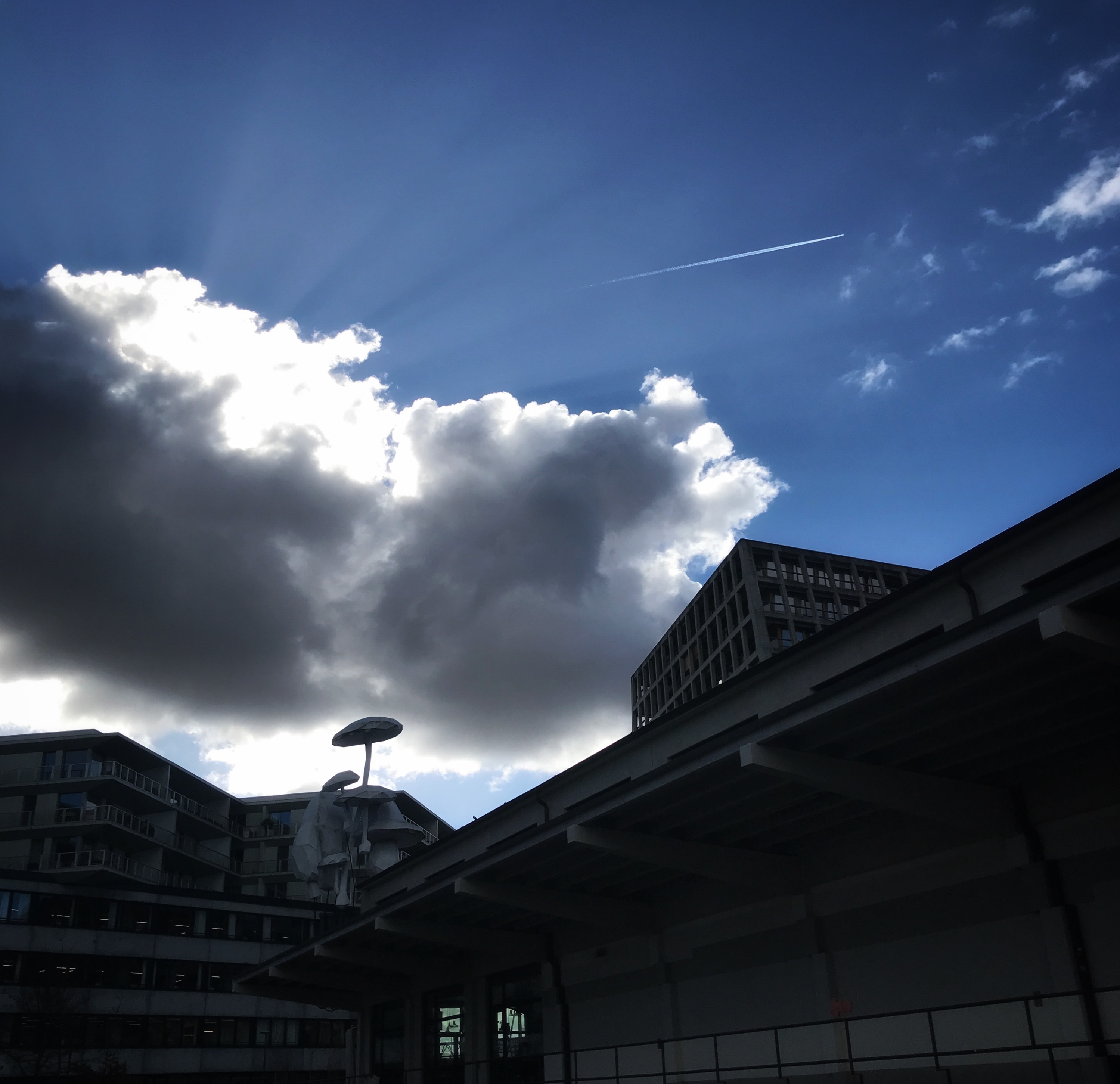
Maybe this is the global reality of the contemporary art. It has rooted its totality in this reproduction of precarious structures across the world. That is why it is important to deploy comparative models and analyse contemporary economic and social policies that inform cultural work. It is equally relevant to unravel the ideological dimension in the rise of precarity. We need to discern the conditions in which the safe spaces for workers got diluted. It would be easy to argue that Indian art never formally emerged as a unionised or organised labour force. But with the expanded globalised contemporary art that replicated the financial and professional structures of the global capitalism, why was it not reflected in institutional relations with the cultural workers? My core argument is that the precarious cultural workers create these off spaces or alternative spaces with great sacrifices. Let us not romanticise them. Instead, we need to observe these complex social movements that have emerged to counter precariousness. It has increased in a scenario of lack of trust in political parties and trade unions that has failed to address precariousness. Especially in the arts field, which is an informal sector, these movements decline the delegation of the conflict to the unions. They promote instead a modality of action based on the organizational form of the network, sharing knowledge and direct representation.
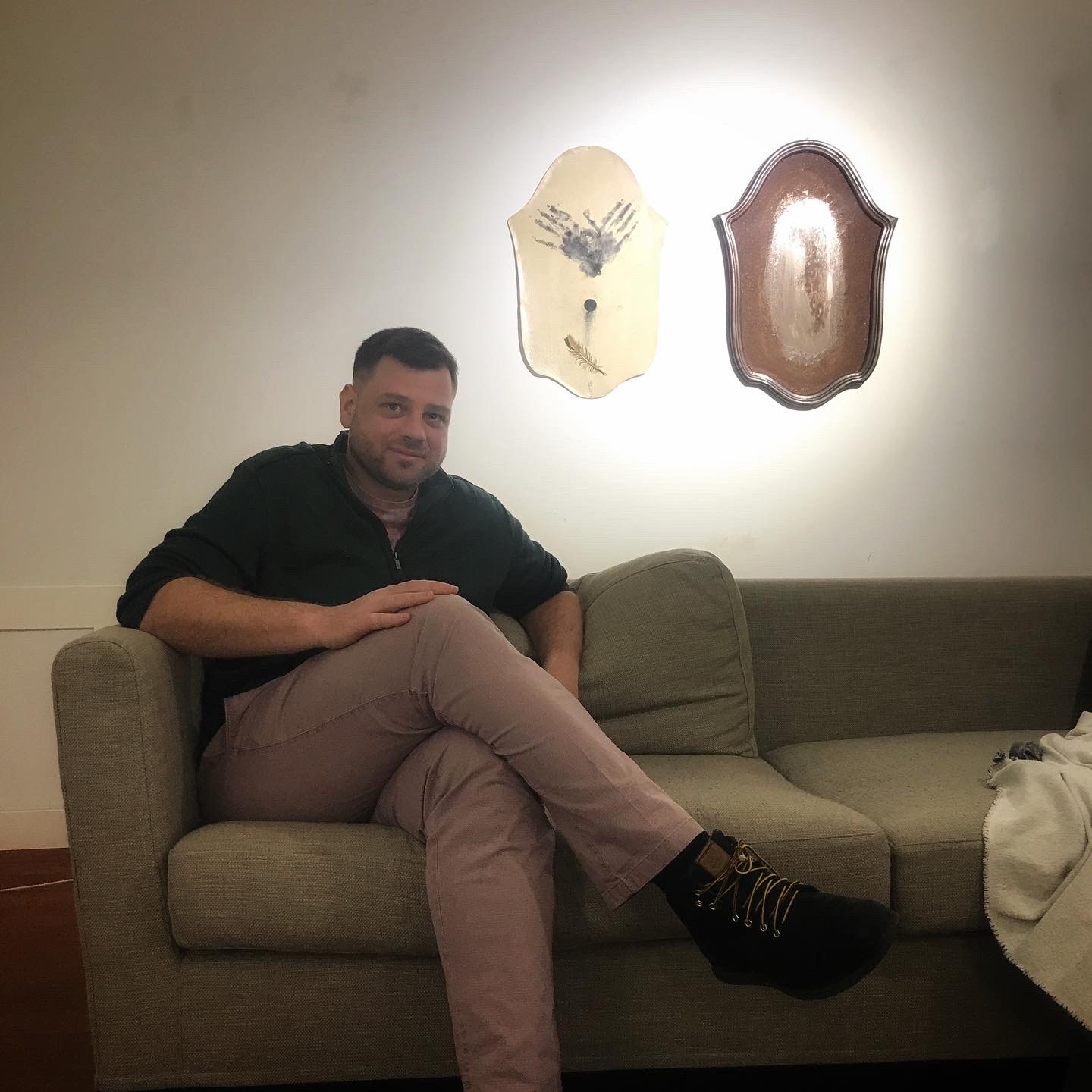
With these questions in mind, I had gone to meet the artist-curator Andrea Marioni, who is also my “coach” here. I met Andrea in an art space in Bäumleingasse called Praxis, managed by another artist, Cyril Kazis. Andrea defines himself as a social explorer. Borrowing from Marshal Macluhan’s statement, ‘The criminal, like the artist, is a social explorer’. Andrea has explored different social environments ‘such as factories to restaurants, from cinema technicians to sandwich men in the streets’, for this journey. He has initiated exhibition-residence formats inspired by the technique of permaculture and conferences under the name of Lumpen Universität and a web radio Lumpen station.
Andrea is curating a collaborative exhibition called ‘Terra Incognita’ in this space that attempts a radical shift from the conventional role of a curator. He believes that the curator seduces the artist in the normative practice whereas he is imagining more of a collaborative and directorial role. His inspiration for this comes from the medieval figure of the iconographer who issued a public call to artists and worked closely with them. Andrea and I will collaborate and discuss these shifts in curatorial approaches in India and Switzerland. I will also be part of his lab where over 20 participants will come together to work closely with him. Also, we will release a podcast featuring a conversation between both of us. In the coming days, I will meet some artist-run collective spaces where individual artists have divided large grants into small salaries in order to share resources with their peers.
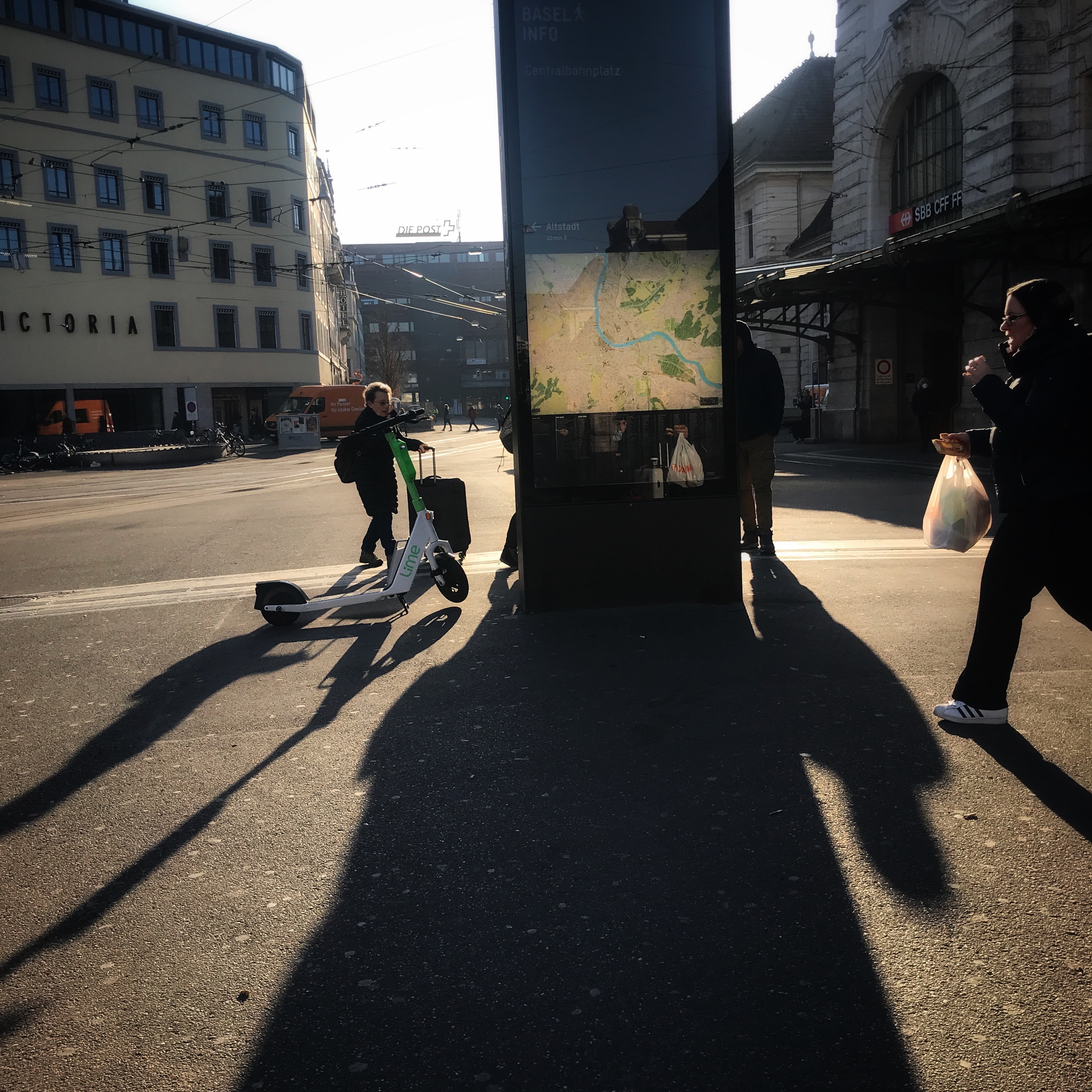
After my initial encounter with Andrea, I came to the realisation that despite being from different contexts; we have a lot of common issues. We share the same anxieties regardless of all the infrastructural developments that Swiss art can boast. There is a strong generational conflict here and the critical negation of a previous generation by the new ones. They feel that the previous generation is aloof, while the earlier ones before them reaped the benefits.
Premjish Achari is the winner of Art Writers’ Award 2021—a collaboration between TAKE on Art and Swiss Arts Council Pro Helvetia. He is currently at Atelier Mondial, Basel as part of the 60-day AWA research residency. This note is part of his weekly dispatches.












